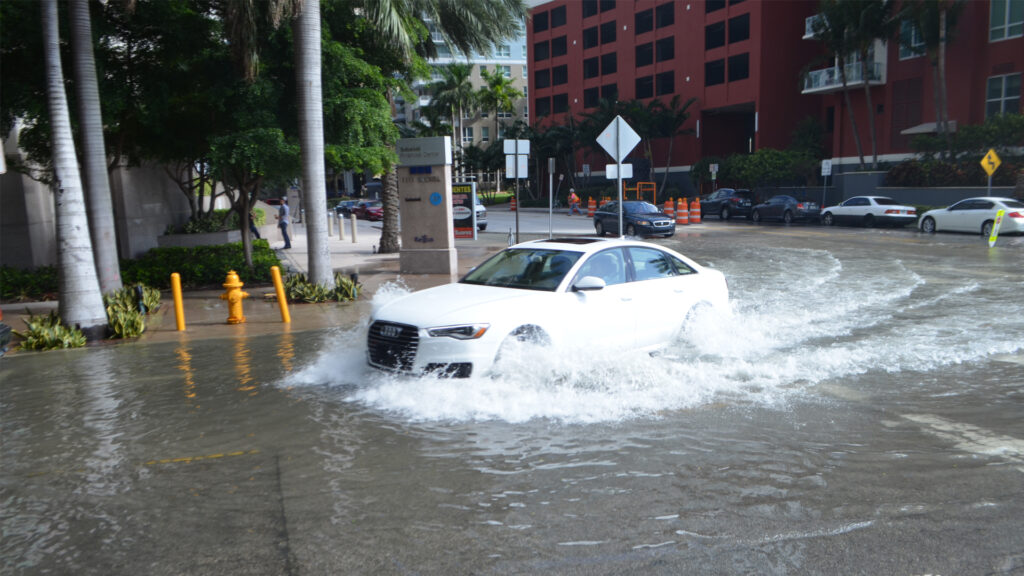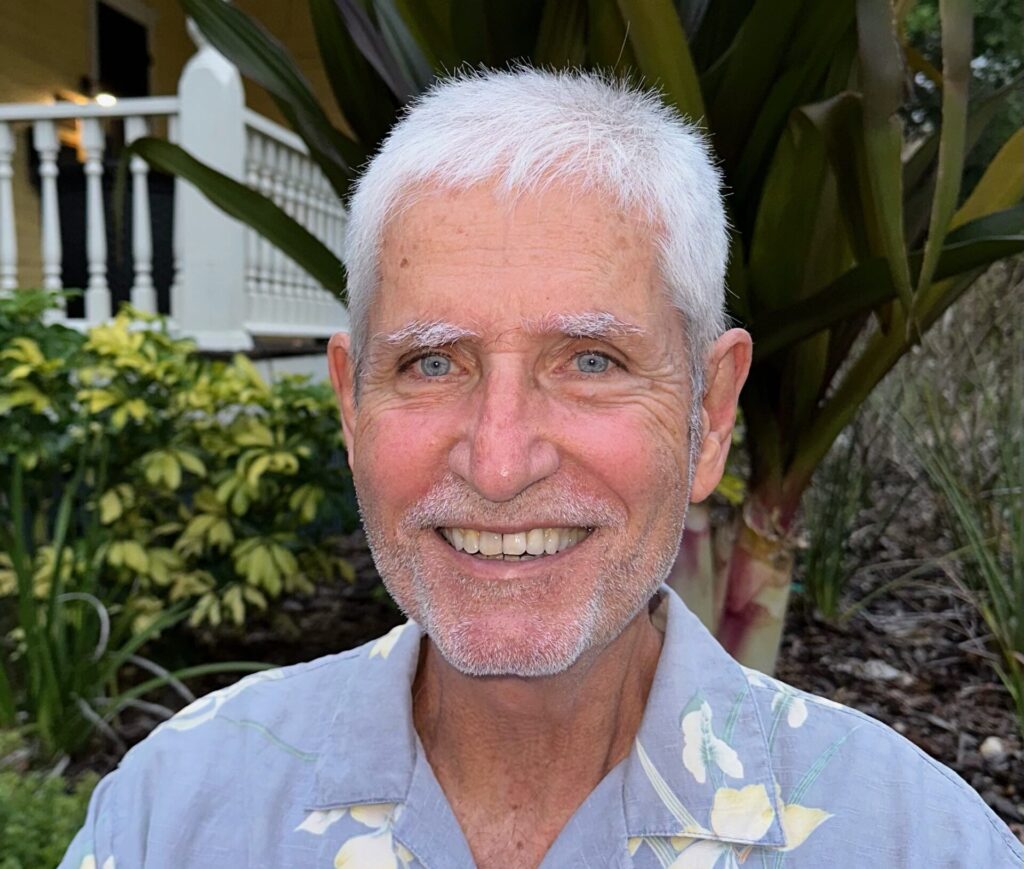By Jeff Dorian, Orlando chapter of Citizens’ Climate Lobby
There are some things in life on Earth that are beyond doubt, like death and taxes. Wanting to leave something behind for the next generation is also a universal axiom.
For most of us, growing up in the United States is a source of great pride. Do you, like me, feel very fortunate to have inherited a country on Earth so special that so many sacrificed so much to build it? Do we have an obligation to act to sustain our God-given inheritance?
I asked Google about the biggest threat to future generations. Its AI Overview said: “The biggest threat to the future of coming generations is climate change. It poses a grave threat to human well-being and the health of the planet. Further delay in concerted global action will miss the brief, rapidly closing window to secure a livable future.”

It continued, “Climate change can disrupt agricultural production, damage infrastructure, and increase the risk of natural disasters, leading to economic instability and hardship; can exacerbate existing social and political tensions by leading to resource scarcity, migration, and conflict. The impacts of climate change will be felt for generations to come.”
There are those that say we can adapt. That’s a sad fact. But can we build a seawall around the entire state? Even if we could, wouldn’t saltwater intrusion come in through our porous limestone?
Consider what Google’s AI says about Florida: “Sea level rise of 1 foot by 2050 can lead to significant property damage and loss, particularly in coastal areas; low-lying areas may become uninhabitable, requiring population relocation; significant financial burdens related to infrastructure upgrades, property damage, and potential relocation costs.”
Ask yourself what our beaches will look like by 2050 with abandoned oceanfront condos and hotels.
Young Congressman Maxwell Frost of Orlando stated at last year’s Democratic National Convention that as “a Florida man” he knows that “the climate crisis isn’t some far-off threat. It is here.” Frost said that “with organizing — and an administration that cares — we are making progress.”
Republican leaders are also responding to this reality. U.S. Reps Brian Fitzpatrick, Republican of Pennsylvania, recently announced that was introducing the MARKET CHOICE Act with Salud Carbajal, Democrat of California.
“With America’s infrastructure aging and climate threats accelerating,” the announcement stated, “the landmark bipartisan bill … puts market forces to work to cut emissions, modernize national infrastructure, and secure America’s economic and environmental future.”
This Republican lawmaker is not alone; there are dozens that support national legislation for incentives to reduce heat-trapping pollution.
As for me, I’m doing all I can to get our elected leaders to act. We need to go big and go fast. It requires policy at the national and international level to put a dent in the steady rise in temperatures.
We have an obligation to help. It won’t be easy, but it will be worth it. Our leaders need to hear that we expect them to support clean air and clean energy. Anyone can call, text or write their members of Congress. You might consider contacting Florida’s newest U.S. senator, Ashley Moody, at 202-224-3042.

As Maxwell said, “with organizing … we are making progress.”
Joining a climate or solar energy organization can amplify your voice and focus your action. I’m proud to be active with Orlando’s Citizens’ Climate Lobby chapter.
Five of our members will be going to our national conference in Washington, D.C., in July at their own expense. They will be met by 1,000 other national members. Our members will be meeting with over 400 members of Congress and their staff, lobbying for clean energy policy and the reduction of toxic air and carbon pollution.
Would connecting what you value with a group focused on tackling climate change be worth considering? Join us at citizensclimatelobby.org.
Jeff Dorian is co-leader of the Orlando chapter of Citizens’ Climate Lobby. Banner photo: A wave crashes against a seawall in St. Pete Beach (iStock image).
Sign up for The Invading Sea newsletter by visiting here. To support The Invading Sea, click here to make a donation. If you are interested in submitting an opinion piece to The Invading Sea, email Editor Nathan Crabbe at nc*****@*au.edu.



